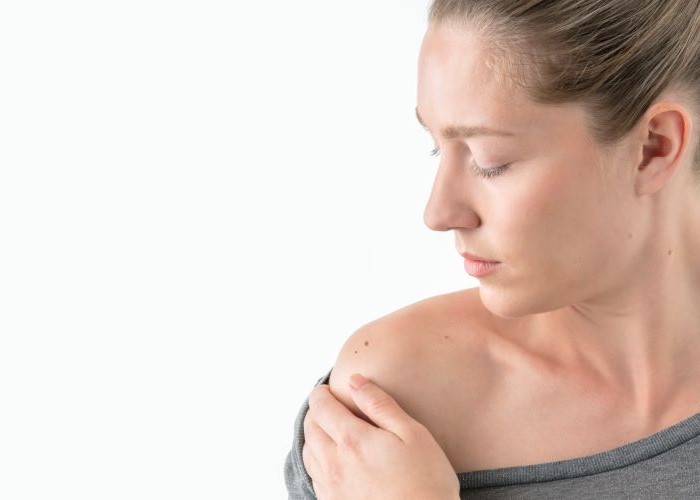The Key to Early Detection and Prevention
August 14, 2025
 According to the Centers for Disease Control and Prevention, skin cancer is the most common form of cancer in the United States, affecting millions each year. Despite this, it is also one of the most preventable and treatable when detected early. Understanding the importance of skin cancer screenings can significantly improve your chances of prevention and early detection.
According to the Centers for Disease Control and Prevention, skin cancer is the most common form of cancer in the United States, affecting millions each year. Despite this, it is also one of the most preventable and treatable when detected early. Understanding the importance of skin cancer screenings can significantly improve your chances of prevention and early detection.
Skin cancer screenings are essential because they help detect cancer at an early stage when it is most treatable. Regular screenings by a dermatologist can identify suspicious moles or skin changes that could indicate cancer. Early detection through screenings can significantly reduce the risk of cancer progressing to a more severe stage.
When to Get Skin Cancer Screenings
Many people wonder when the right time is to start skin cancer screenings. It is generally recommended to have your first screening in your 20s or 30s, especially if you have risk factors such as fair skin, a history of sunburn or family history of skin cancer. However, individuals with high-risk factors should consult with their dermatologist to determine a more personalized screening schedule.
Ways to Prevent Skin Cancer
While screenings are crucial, prevention is equally important. Here are some ways to help reduce your risk of developing skin cancer:
Use sunscreen
Applying a broad-spectrum sunscreen with an SPF of at least 30 can protect your skin from harmful UV rays. Reapply every two hours, especially if you are swimming or sweating.
Wear protective clothing
Clothing can provide an extra layer of protection against the sun. Choose long sleeves, wide-brimmed hats and sunglasses to shield your skin from direct sunlight.
Avoid peak sun hours
The sun’s rays are strongest between 10 a.m. and 4 p.m. Try to schedule outdoor activities for the early morning or late afternoon to minimize UV exposure.
The Role of Dermatologists
Dermatologists play a crucial role in cancer prevention. They are trained to spot the early signs of skin cancer and can recommend appropriate treatments. Regular visits to a dermatologist for skin cancer screenings can also provide you with personalized advice on how to protect your skin based on your unique risk factors.
For skin cancer screenings, you should avoid wearing makeup. Makeup products can obscure potential signs of skin abnormalities or changes that might indicate skin cancer. Arriving with a clean face will help them examine your skin and identify any areas of concern more effectively.
Prioritize Your Skin Health
By understanding when to get screened and how to help prevent skin cancer, you can take proactive steps to protect yourself. Remember, early detection is key, and regular visits to a dermatologist can make all the difference. Stay vigilant and make skin health a priority in your life.
